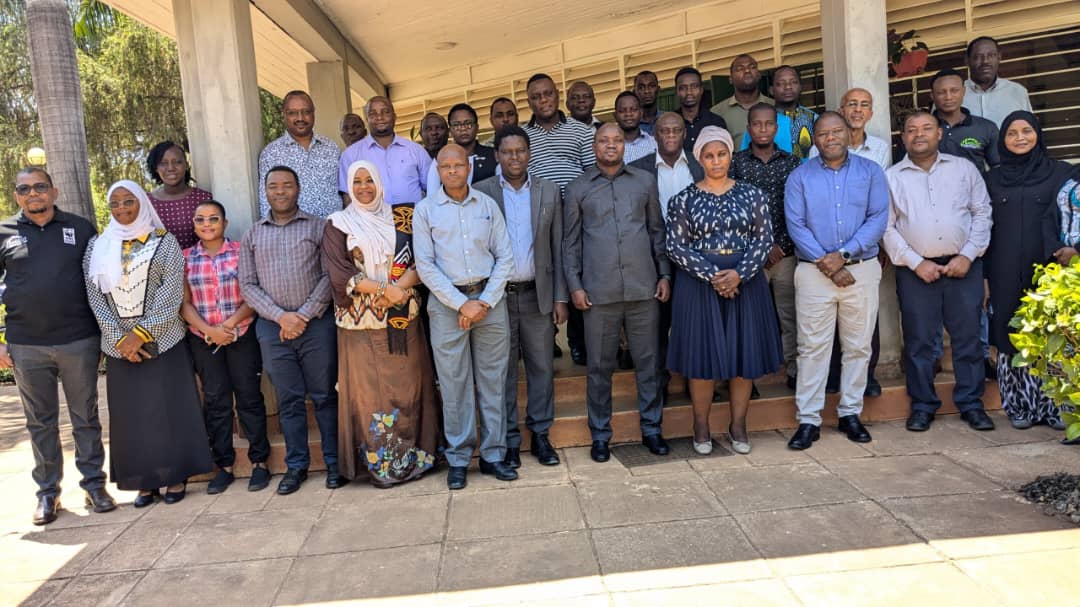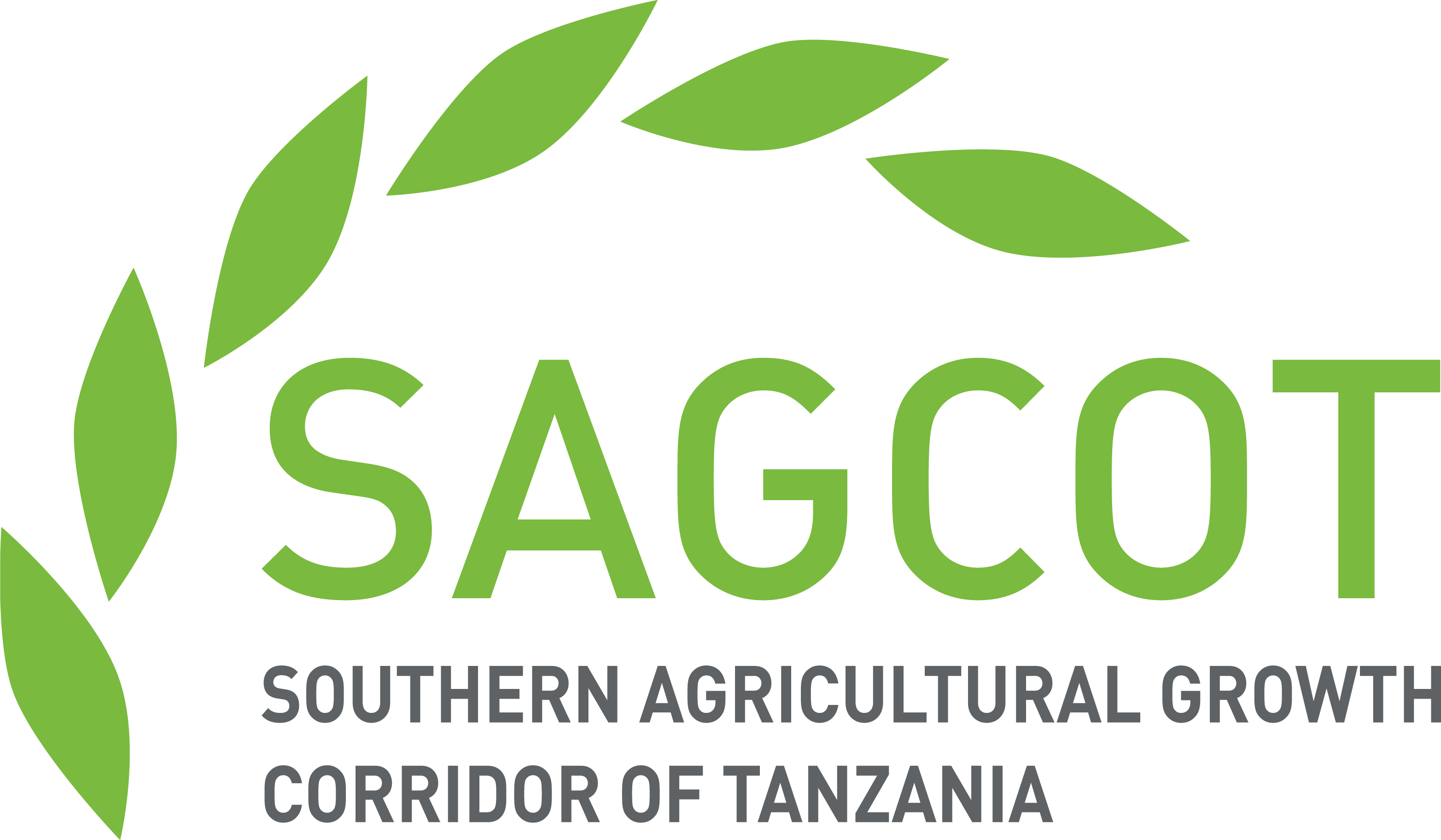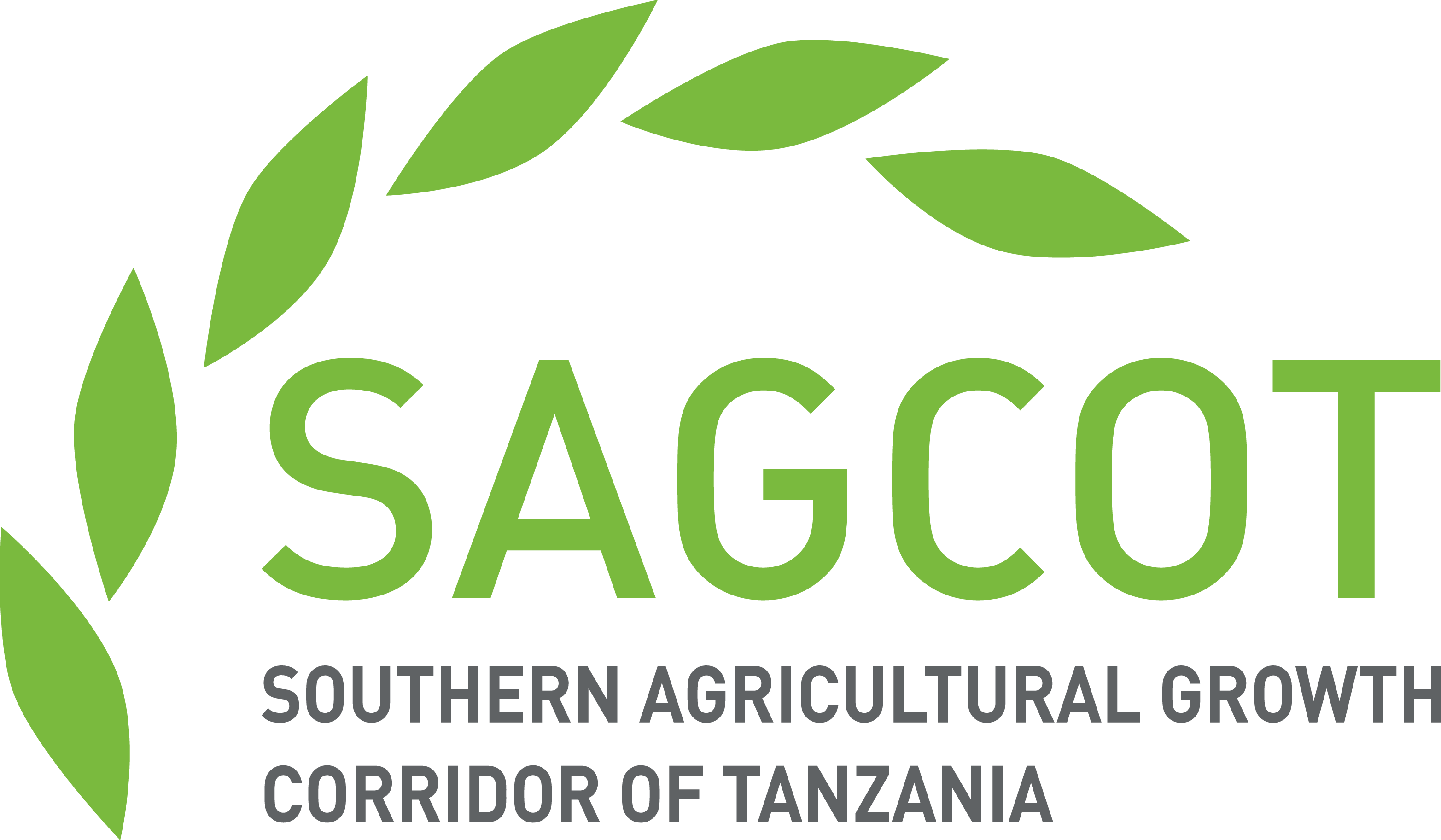Morogoro, Tanzania – The Ministry of Natural Resources and Tourism, SAGCOT Centre, and other partners hosted a two-day workshop in Morogoro on November 29–30 to plan Tanzania’s Food Systems, Land Use, and Restoration (FOLUR) project. Funded by the Global Environment Facility (GEF) and led by the World Wildlife Fund (WWF) in Tanzania, the FOLUR project focuses on the restoration of forest landscapes in both mainland Tanzania (Kilombero Valley) and Zanzibar (North Unguja). The project aims to transform food systems, promote sustainable land use, and restore ecosystems.
During the official launch in Morogoro, Mr. Wanjala John Mgaywa, the National Coordinator of the FOLUR project from the Ministry of Natural Resources and Tourism, stated:
“The project focuses on Kilombero Valley, a rice production hub facing deforestation and wetland degradation, and North Unguja, which is threatened by unsustainable farming and water constraints. It aims to restore ecosystems, strengthen agricultural value chains, and improve land use management through reforestation, wetland rehabilitation, and promote sustainable farming practices.”
The initiative also aims to enhance market access and agro-processing while fostering stakeholder collaboration. Speaking at the event, the guest of honor, Mr. Selebon J. Mushi, Assistant Director Forest Development from the Ministry of Natural Resources and Tourism, emphasized the importance of multistakeholder collaboration for the success of development projects like FOLUR. He stated:
“Effective use of multistakeholder platforms, well established in Kilombero Landscape, will be prioritized as a key mechanism for fostering synergies among implementing partners.”
SAGCOT and the Ministry of Natural Resources and Tourism have been collaborating through the National Green Reference Group (GRG), under the leadership of the Vice President’s Office, to integrate ecosystem and biodiversity management into agricultural landscape planning for sustainable economic growth in Tanzania. This collaboration has been adapted to the Kilombero cluster level, leveraging multistakeholder platforms established through the SAGCOT partnership, with SAGCOT Centre is central in coordinating stakeholder engagements.
Other key stakeholders involved in the workshop included representatives from the Ministry of Water, the Ministry of Agriculture, and regional and district leadership from Kilombero and Morogoro. Partners such as the International Union for Conservation of Nature (IUCN) and WWF Tanzania also attended.
Commenting on SAGCOT Centre’s commitment to the FOLUR project, Mr. John Banga, SAGCOT Kilombero Cluster Manager, stated:
“SAGCOT in collaboration with the Rice Council of Tanzania, will analyze opportunities, develop business cases, and foster partnerships between the public, private sector, and civil society.”
Through the FOLUR project, efforts will focus on enhancing value chains for crops such as rice, cloves, and cocoa, while addressing key challenges like deforestation, biodiversity loss, and land degradation. These goals will be achieved through sustainable agriculture practices and ecosystem restoration initiatives.




